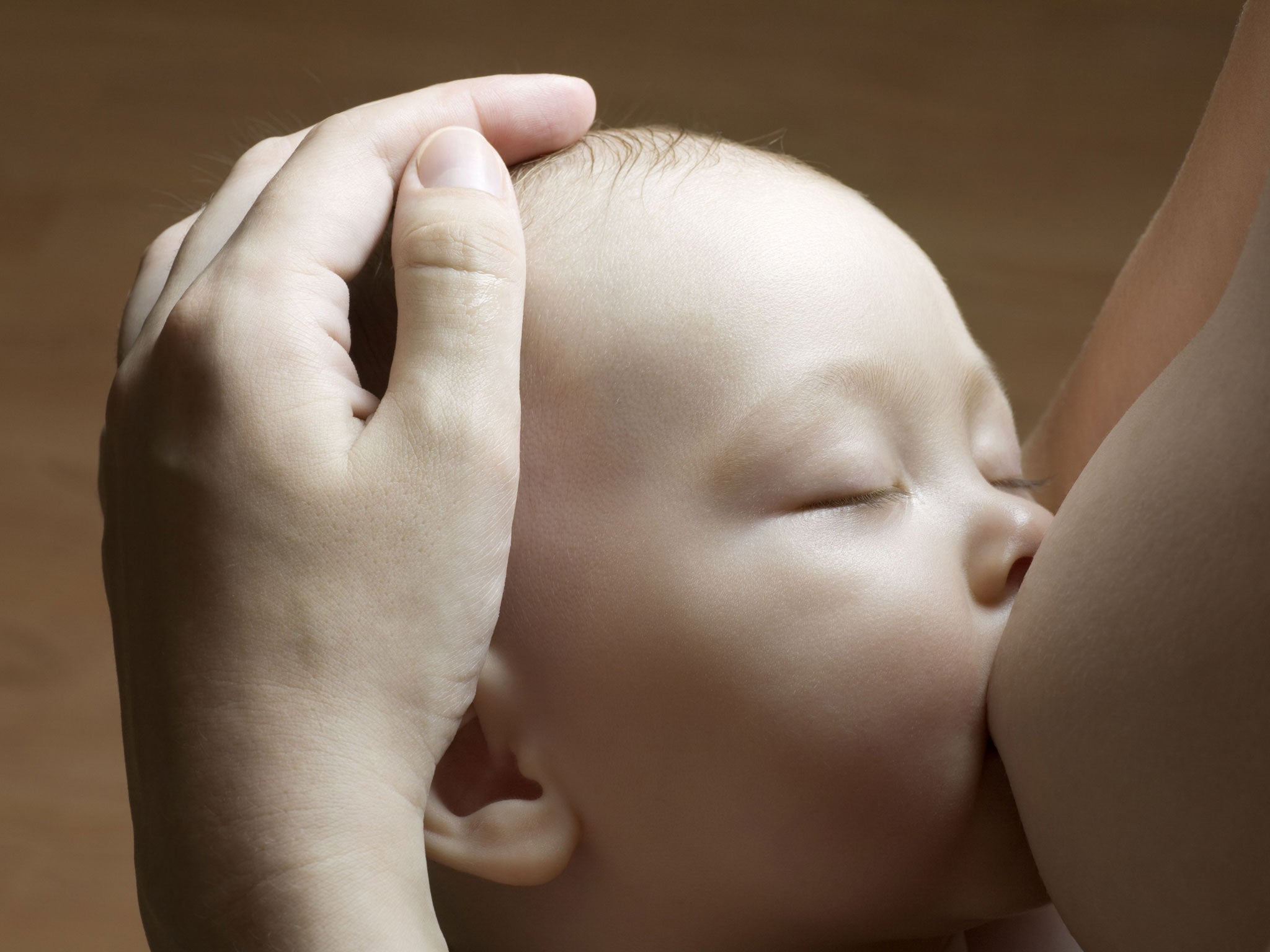Babies cry at night to stop mothers procreating, scientists claim
Infants try to prolong their mother's period of temporary postnatal infertility

Babies cry at night time to prevent their mother from procreating and bettering their chances of survival, according to a study.
A professor found that when babies reach around 18 months of age, they begin to wake up more frequently, even if they are not hungry – a pattern more pronounced in breast-fed infants.
Professor David Haig at Harvard University, the author behind the study published in the ‘Evolution, Medicine, and Public Health’ journal believes that babies wake their mother to prolong her lactational amenorrhea – the temporary postnatal infertility that happens when a woman is not menstruating and is breastfeeding.
By doing so, the baby delays the birth of younger siblings, and enhances its survival.
“Short delays until the birth of a younger sib[ing] are associated with increased mortality of infants and toddlers, especially in environments of resource scarcity and rampant infectious disease,” the study explains.
"More frequent and more intense nursing, especially at night, [is] associated with prolonged infertility.
"Natural selection will have preserved suckling and sleeping behaviours of infants that suppress ovarian function in the mothers because infants have benefited from delay of the next birth," the study adds.
“It's clear that babies can get enough milk even if they sleep through the night,” evolutionary biologist at Harvard Universty and author of the study Professor David Haig told NPR.
“The waking becomes a different issue. I'm just suggesting that offspring have evolved to use waking up mothers and suckling more intensely to delay the birth of another sibling.”
Holly Dunsworth, Assistant Professor in Anthropology at Rhode Island University, elaborated on the study, and explained: “There are so many good juices running through infant and mom.
“It's rewarding beyond the calories and hunger satiation for everyone involved.
"When you look at it from that perspective, waking up to feed looks more like cooperation than conflict," she added.
Join our commenting forum
Join thought-provoking conversations, follow other Independent readers and see their replies
Comments
Bookmark popover
Removed from bookmarks